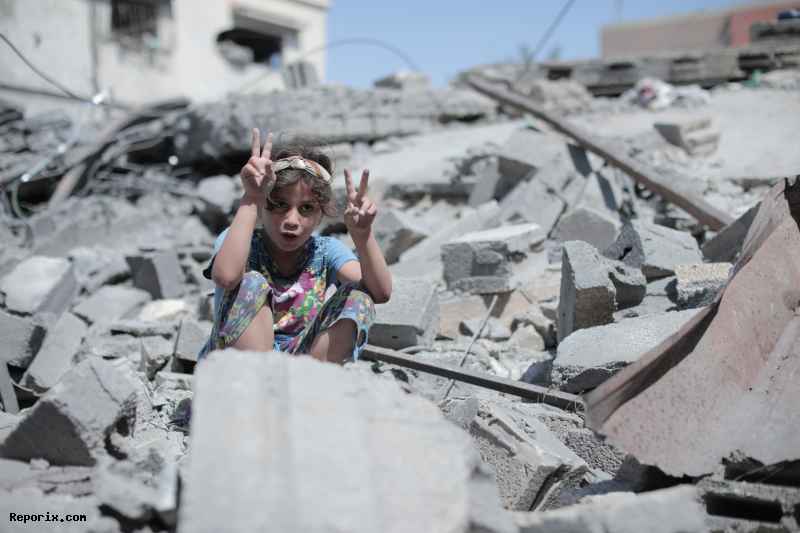The Gaza conflict has entered a dangerous new phase as Israel’s security cabinet approved a full-scale military takeover of Gaza City, home to nearly half of the enclave’s 2.3 million residents. This move has ignited international condemnation, raised fears of mass displacement, and triggered warnings of a worsening humanitarian catastrophe—all while fragile ceasefire negotiations struggle to make progress.
Israel’s Gaza City Offensive: A Tipping Point?
The planned military occupation marks one of the most intense phases of Israel’s campaign since the war began. Its goal is to dismantle Hamas’ remaining strongholds, but the operation carries grave risks, including forced mass evacuations (with over 1.7 million displaced since October), fierce urban warfare in one of the world’s most densely populated areas, and potential violations of international law through indiscriminate attacks on civilians.
UN Secretary-General António Guterres condemned the plan as a “dangerous escalation” that could bring “unthinkable consequences” for civilians. Satellite images show entire neighborhoods leveled, with roughly 70% of Gaza’s infrastructure damaged or destroyed.
Global Backlash: Allies Withdraw Support
The offensive has strained Israel’s diplomatic relationships, even with longtime allies. Germany has frozen military exports that could be used in Gaza, signaling a major policy shift. Turkey called on Muslim nations to unite against what it described as Israel’s “genocidal and expansionist” policies. Meanwhile, Spain, Ireland, and Norway officially recognized Palestinian statehood, increasing international pressure on Israel.
The International Criminal Court is actively pursuing arrest warrants against both Israeli and Hamas leaders over alleged war crimes. Despite ongoing U.S. military aid, President Biden faces growing domestic and global criticism for his unconditional support of Israel.
Ceasefire Talks: A Glimmer of Hope?
In the midst of violence, Egypt and Qatar are mediating a ceasefire proposal that includes a full hostage exchange (living and deceased), a phased Israeli withdrawal from Gaza, and a temporary truce that could lead to a permanent ceasefire. However, Hamas demands firm guarantees that the war will not reignite, while Israel insists Hamas must be dismantled first—leaving negotiations at an impasse.
Humanitarian Catastrophe: Famine, Disease, and Collapse
Civilians in Gaza bear the heaviest burden. Famine is spreading rapidly, with 85% of children facing severe food shortages, according to UN reports. Hospitals are overwhelmed, with only 11 out of 36 still partially functional. Evacuation orders from Israel keep changing, leaving families trapped with no safe zones. Aid organizations warn that without an immediate ceasefire and unrestricted humanitarian access, thousands more will perish from starvation and disease.
What Comes Next?
The world watches anxiously as:
Israel pushes ahead with its Gaza City offensive, risking further international isolation.
Ceasefire talks hang by a thread, with mediators racing against time.
Gaza’s survival depends on urgent aid, but political will remains fragile.
Final Thought: A War Without Winners
This conflict offers no military solution—only mounting suffering. The urgent question is whether diplomacy can prevail before Gaza is pushed beyond the point of no return.




